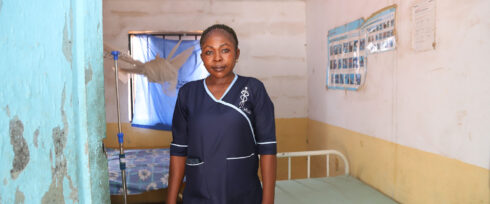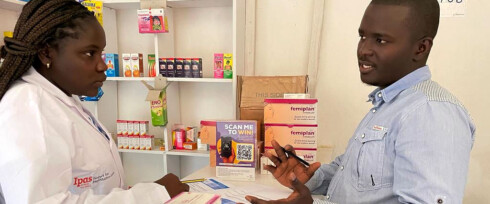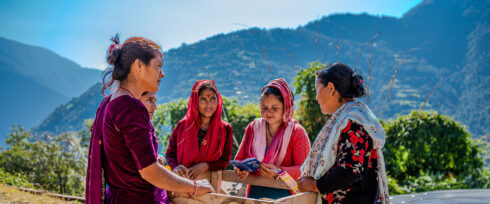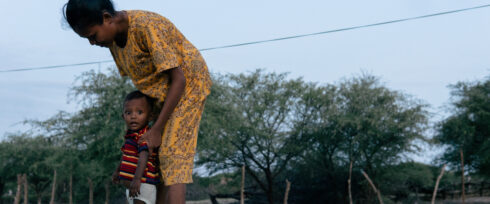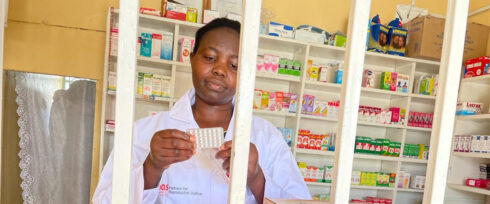Everyone deserves the freedom to decide whether and when to become pregnant. When people don’t have access to contraception and accurate information on family planning, they have less control over their lives and futures. But of the 923 million people in low- and middle-income countries who want to avoid pregnancy, 218 million lack access to modern contraceptive methods due to barriers like cost, limited services, misinformation, provider bias, and gender inequality.
People with unintended and unwanted pregnancies will seek out abortion services—whether or not they are legal and safe. Each year, the unmet need for contraception contributes to an estimated 35 million abortions with unsafe methods, many resulting in serious injury or death. If everyone in low- and middle-income countries had access to contraception, studies show that unintended pregnancies, unsafe abortions, and maternal deaths could drop by nearly two-thirds.
That’s why our comprehensive approach to reproductive health care includes both contraception to prevent pregnancy and quality abortion care when needed.
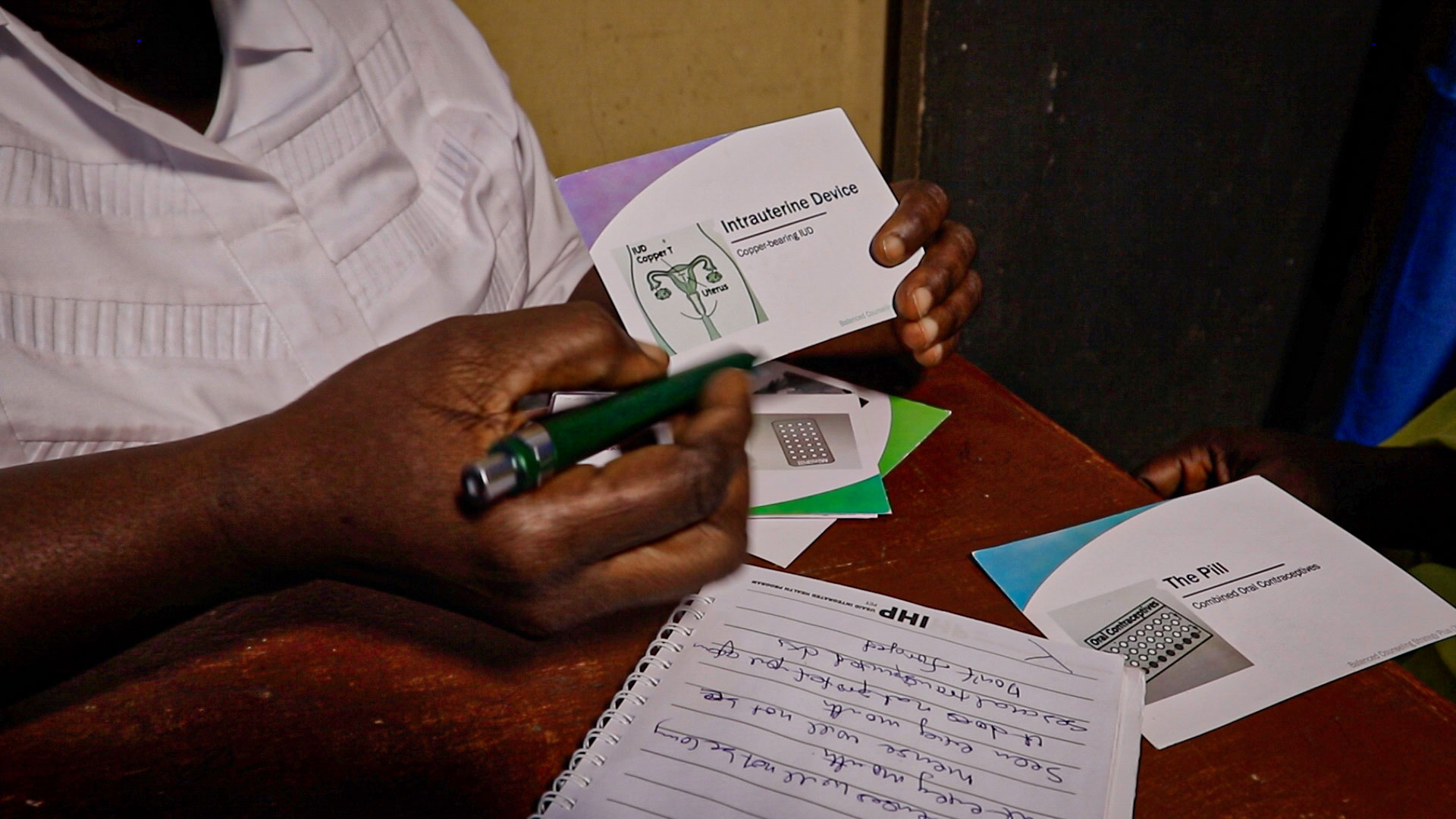
Our contraceptive programs are locally led
Across the world, Ipas supports contraceptive programs that help people control when and whether they become pregnant. In 2024 alone, Ipas ensured 1,595,774 people received contraception globally. These three country examples below highlight both the scale of services and real stories of the people driving and being impacted by this work.
Ethiopia
contraceptive services provided in 2024
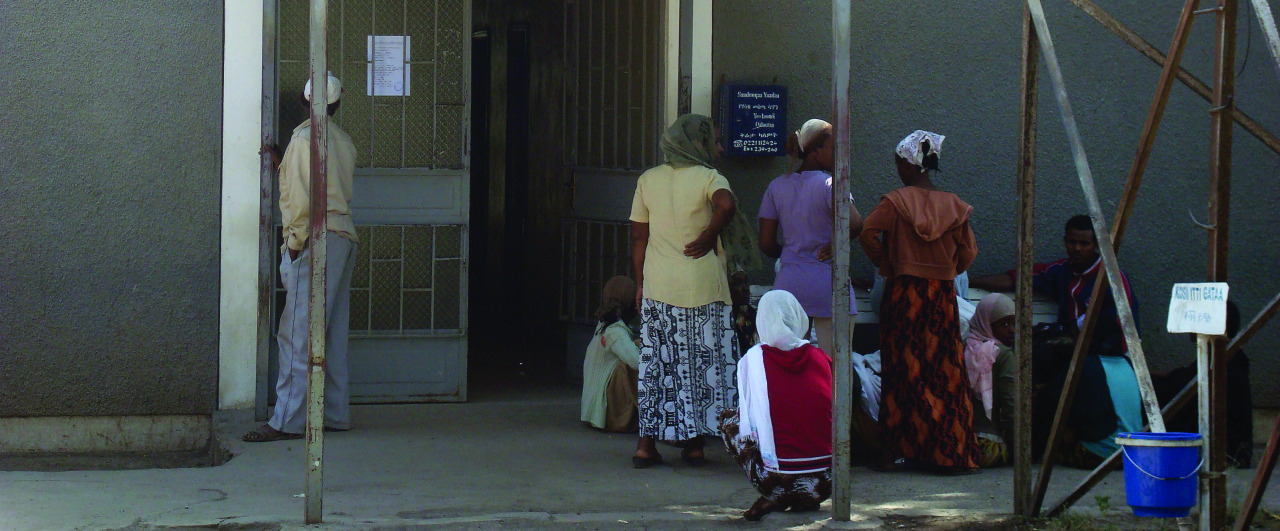
A story behind this number:
Despite a collapsing health system, providers sustain abortion and contraceptive care
Bangladesh
contraceptive services provided in 2024
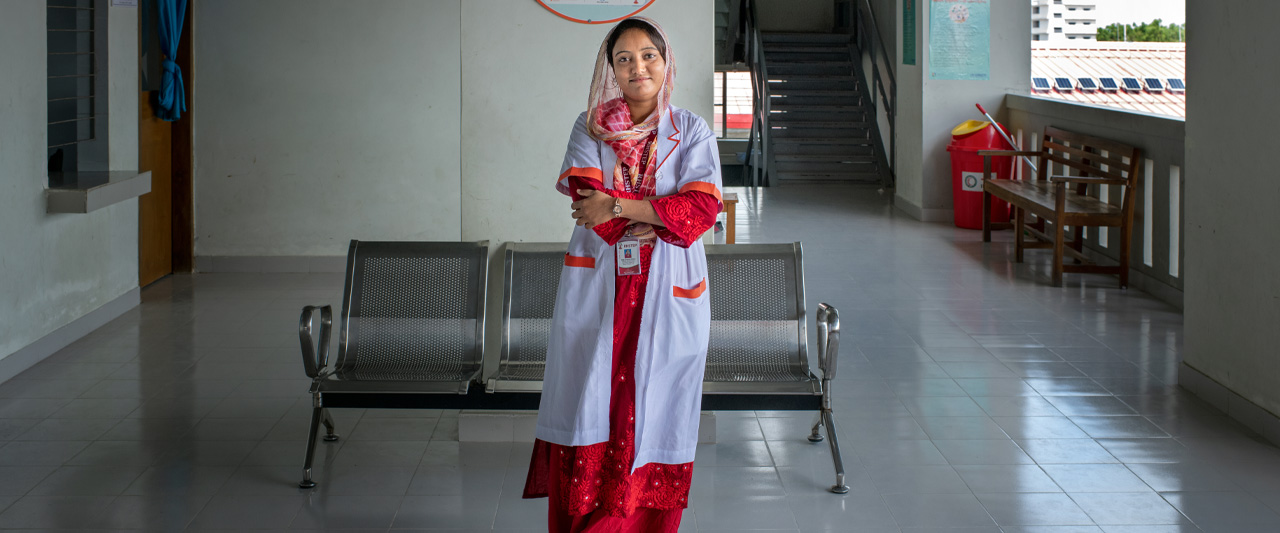
A story behind this number:
India
contraceptive services provided in 2024

A story behind this number:
Ipas IDF’s project helps youth make better decisions about contraception
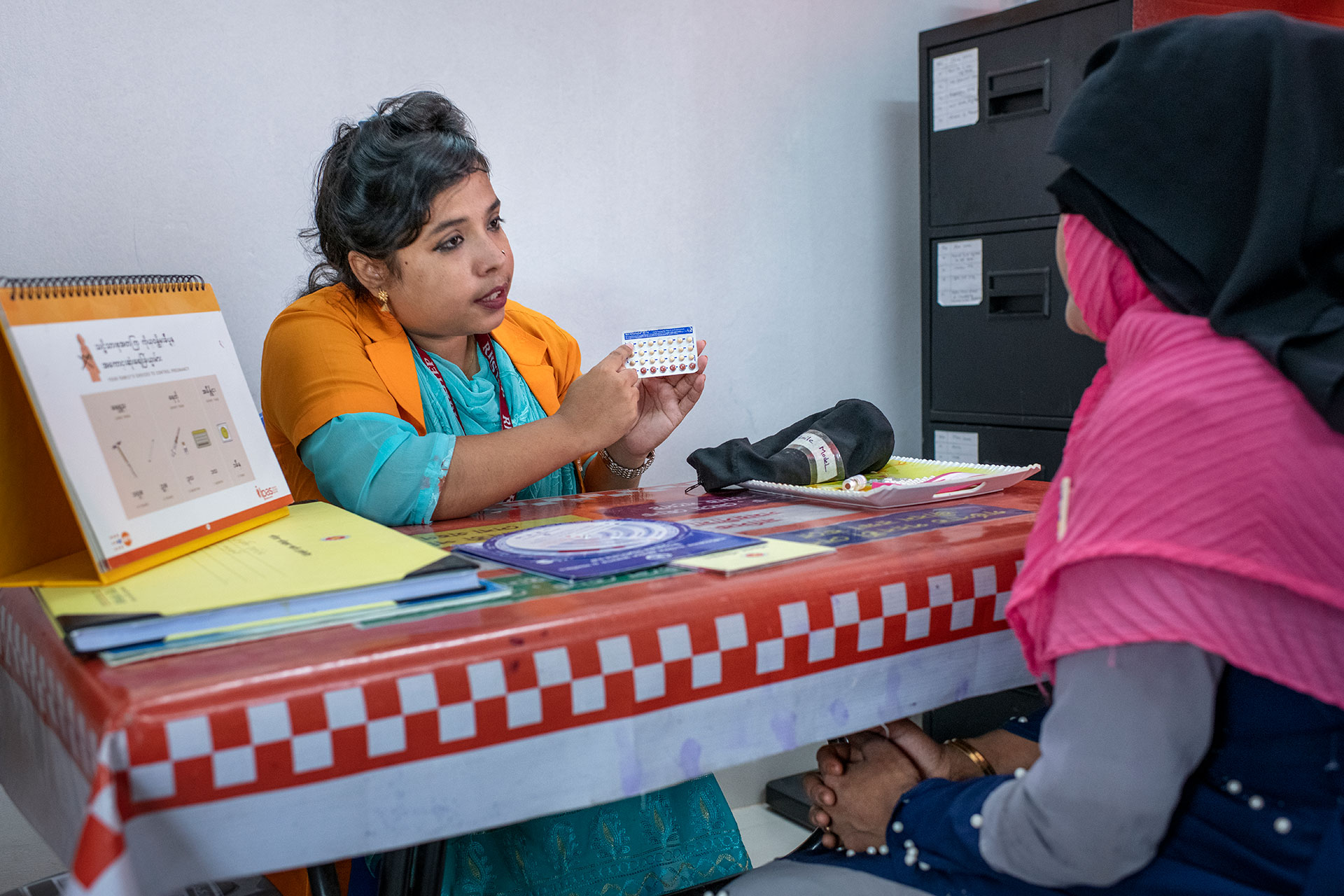
Building strong systems for contraception access
Making contraception available when and how people need it most takes a multi-faceted approach rooted in local leadership and responsive to community needs. We support this work from many angles, including:
Training providers and pharmacists
“
I learned that I could advise girls to take up contraception too. Before the training, I would blame or judge them when they came to me for help but now, I give her options that can help her not to have unintended pregnancies.”
– Ronke, a community health extension worker trained by Ipas in Nigeria to offer responsive care to women and girls who have experienced sexual violence in humanitarian settings
Community and youth education
“
For the first time, I understood the different family planning devices and, importantly, when and where to get a safe abortion.”
– Sabina Shahi, age 25, lives in rural Nepal and attended a community information session organized by Ipas and led by an Ipas-trained grassroots leader in her village
Engaging men in family planning
“
Before, I thought that the decisions about my partner’s body were mine only, but the process with Ipas made me understand the importance of respecting her rights and making decisions together.”
– Juan Pérez, participant in Ipas’s program in Bolivia to build gender equity by tackling toxic masculinity and patriarchal social norms
Our research shows why postabortion contraception is essential—and how we can expand access
‘Postabortion contraception’ refers to contraceptive counseling and services offered right after an abortion, and is a critical part of comprehensive, quality abortion care. After an abortion, fertility can return in weeks, or even days. And many people find it challenging to return to the health center for a follow-up contraceptive service. Postabortion contraceptive care helps prevent another unintended pregnancy by providing a person with options at the same time and place as their abortion care.
For many, community pharmacies are the closest or only source of reproductive health care. Ipas is testing pharmacy-first models in Pakistan, Kenya, and India to expand access: Accelerating contraceptive uptake through post-pregnancy care models
Many of our studies show that private pharmacies can safely provide abortion with pills. Yet new research shows that when contraceptive services are provided at the same time, they can also play a critical role in boosting postabortion contraception:


